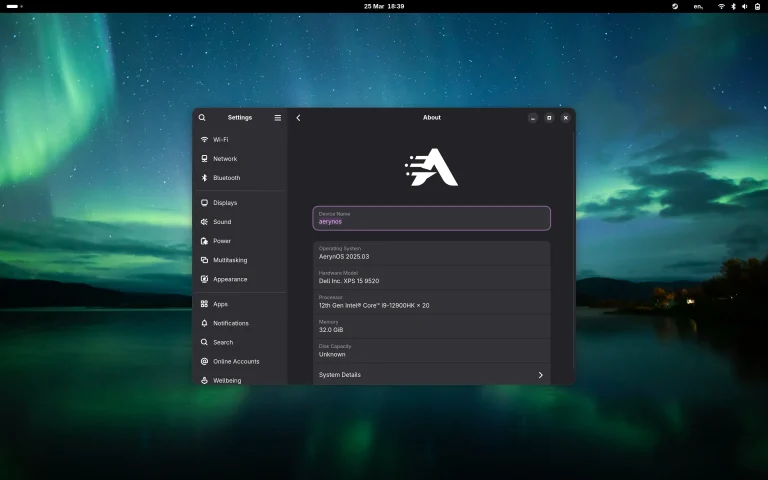Recently, Asahi Linux for Apple’s self-developed chips has been released to the public, which is the first Linux distribution to provide native support for Apple M-series chips. As an alpha version, bugs and missing features are inevitable, but the development team promises to move faster.

The development team said on the official blog that they are happy to take an important step to bring “Linux on Apple Silicon” to everyone. Best of all, if you want to install Asahi Linux on your Mac, you don’t need a jailbreak, and it doesn’t affect the security level of your macOS installation. The development team has shared a list of system requirements, installation guides, and a list of compatible features, indicating that the existing alpha version is mainly aimed at developers and advanced users. In other words, it means that the Alpha version may have a lot of problems to be solved.
If users want to install Asahi Linux, they need an M1, M1 Pro, or M1 Max device (except Mac Studio) with MacOS 12.3 or later (logged in as an administrator), and at least 53GB of free space for installation. Asahi Linux Desktop requires 15GB, but the installer reserves an additional 38GB in macOS to avoid breaking macOS updates. Additionally, an internet connection is required, and the installer will download 700MB to 4GB of data. By default, the installation is set to dual-boot mode, and users can switch back to macOS if they want.
At present, Asahi Linux still has some important functions that cannot be supported, and there is still a lot of work to be done in the future. These disabled features include Wi-Fi, Thunderbolt, HDMI on MacBook, Bluetooth, GPU acceleration, video codec acceleration, Neural Engine, CPU deep idle, sleep mode, camera, touch bar.






